As South Africans, we're always on the lookout for innovative ways to light up our homes, especially with the increasing emphasis on sustainability and eco-friendliness. Solar lights have become a popular choice for outdoor illumination, but what about using them indoors? It's a question we often hear, and the answer might surprise you.
At Litehouse, we've explored the potential of solar lighting beyond the garden and patio. Our collection of solar lights showcases how versatile solar lights can be, even inside your home. Whether you're curious about the practicality of indoor solar lighting or seeking ways to incorporate renewable energy into your living space, we've got insights that'll shed some light on the matter.
Can You Use Solar Lights Indoors
In South Africa's sunny climate, the popularity of solar lights for outdoor use is growing, sparking interest in their potential for indoor applications. Litehouse offers a wide range of solar lighting solutions suitable for both outdoor and indoor settings, including ambience-boosting fairy lights and practical indoor lights, catering to different preferences and styles.
The versatility of solar lights is often underestimated. Yes, they're primarily designed for outdoor use where they can absorb sunlight directly. However, with advancements in solar technology, these lights can also thrive indoors. The key lies in placing them where they can receive ample light—be it near windows that usher in generous sunlight during the day or in areas where artificial lights are strong enough to charge them.
For homes in South Africa, incorporating solar lights indoors can seamlessly bridge the gap between eco-friendliness and interior decor elegance. Garden lights from our collection, for instance, can be repurposed to create a mystical indoor garden under a stairway or a tranquil corner, proving that solar lights' utility extends well beyond outdoor spaces.
We emphasise that the effectiveness of solar lights indoors depends significantly on their placement and the amount of light they’re exposed to. Understanding the spectrum of light wavelengths—from infrared waves to visible light—helps in optimising their charging process, ensuring that these eco-friendly lights perform at their best, even within the confines of your home.
In wrapping up this segment, the conversation around using solar lights indoors opens up exciting avenues for sustainable living. Embracing solar technology within our homes not only supports the environment but also introduces an innovative touch to our living spaces. With Litehouse’s extensive selection of solar lights for sale, transitioning to solar indoors has never been easier or more stylish.
Solar Lightening Product Showcase:
- Litehouse Solar Festoon Outdoor Bulb String Lights - Traditional LED Bulbs, Black


- Litehouse Solar Outdoor LED Fairy Lights - Black String


- Litehouse Solar Mini Outdoor Bulb String Lights - Classic LED Bulbs, Black


- Litehouse Solar Outdoor LED Fairy Lights - Copper Wire


- Litehouse Solar Cracked Lantern Jar Decorative Outdoor Lighting - 2 Pack


Ways to Use Your Solar Lights
Solar lights are versatile and not just for outdoor use. They can brighten up your home too. Here's how you can use them inside, based on spaces that get a lot of sunlight.
Indoor Plant Lighting
Wrap solar fairy lights around a plant near a sunny window. It adds a soft glow to your room.
Office or Greenroom Decor
Mini solar string lights can make your indoor green room or office look inviting. Place them where they can catch sunlight during the day.
Children's Night Light
Solar fairy lights in your child's bedroom can act as a gentle night light. They create a magical feel.
Patio Lighting
Use festoon string lights over a glass-surrounded patio. It combines indoor comfort with an outdoor vibe, without the wind.
Backup Lighting
Solar lights are useful during power cuts. Keep the solar panel charged. Turn on the lights when the power is out to keep your home lit.
What happens on bad weather days?
When the weather turns grey and the sun hides, you might wonder about the efficiency of your Litehouse Solar String Lights. Fortunately, our solar panels are designed with versatility in mind. They can be charged not only by sunlight but also via USB. This feature provides a convenient alternative for recharging your solar panel on days without sunshine. However, it's important to note that this USB charging option is exclusively available for our Solar Bulb String Lights and does not apply to fairy lights.
Factors to Consider
When thinking about integrating solar lights into your indoor spaces, a few crucial factors need attention to ensure optimal functionality and to take full advantage of these eco-friendly lighting options. Litehouse, a leading provider in the realm of solar solutions in South Africa, offers an extensive range of solar lights for sale that cater to various indoor lighting needs. Before diving into our curated Solar Lighting collection, let's explore these essential considerations.
Amount of Sunlight Required
The first factor to bear in mind is the amount of sunlight required to efficiently power solar lights. Typically, these devices need direct sun exposure for about 4 to 6 hours a day to perform at their best. In South Africa, where sunlight is abundant for most of the year, leveraging solar power for indoor lighting can be particularly advantageous. However, it's essential to understand that the efficiency of solar panels might be affected by factors like window glazing and the angle of sun exposure through indoor spaces. This is where our range of solar lights outdoor comes into play, as they are designed to capture the maximum amount of sunlight, even when placed inside or near windows.
Placement of Solar Lights
Finding the perfect spot for your solar lights within your home is another critical aspect. The ideal placement is near windows or areas that receive a significant amount of direct sunlight for several hours daily. Positioning is key — even in South Africa's sunny environment, certain indoor areas might not receive enough light if they're shadowed or facing away from the sun's path. At Litehouse, we offer a selection of sleek and modern solar-powered fairy lights and garden lights that can easily be integrated into indoor settings, provided they are placed in well-lit areas to ensure they charge effectively.
Size and Capacity of Battery
The size and capacity of the battery in your solar light play a pivotal role in its ability to store enough energy to last through the night. Especially in South Africa, where power outages can be somewhat common, having a reliable source of illumination that can sustain itself independently is invaluable. The products featured in our Solar Lighting collection at Litehouse boast high-capacity batteries, ensuring that your indoor solar lights remain lit for extended periods, even during cloudy days or in seasons with shorter daylight hours.
Navigating through Litehouse's extensive selection of solar lights outdoor and garden lights suitable for indoor use will reveal products that are not only efficient and reliable but also aesthetically pleasing. Whether you're seeking to enhance your home's ambience or looking for a pragmatic lighting solution during power outages, our solar lights offer both beauty and functionality without the added cost of your energy bill.
How Solar Lights Work
Exploring the inner workings of solar lights opens up a fascinating world of renewable energy technology. At Litehouse, we're proud to offer a comprehensive range of solar lights for sale, perfect for both indoor and outdoor use. Understanding how these innovative lighting solutions operate can help you choose the best solar-powered fairy lights, garden lights, or outdoor lights for your home.
Photovoltaic Cells
The heart of any solar light is its photovoltaic (PV) cell, also known as a solar cell. These cells capture sunlight and convert it into electricity. Made from layers of silicon and other conductive materials, when sunlight hits these cells, it excites electrons, creating an electric current. This is a key technology that allows our solar lights outdoor and garden lights at Litehouse to harness the power of the sun, providing eco-friendly lighting solutions that don't add to your electricity bill.
Battery Storage
After the photovoltaic cells generate electricity, it's stored in batteries for later use. Solar lights, including those available in our Solar Lighting collection, use rechargeable batteries to store the solar energy produced during the day. This energy storage is crucial, as it allows the lights to function at night or during overcast conditions. The types of batteries used can vary, including lead-acid, nickel-cadmium, nickel-metal hydride, and lithium, each with its unique benefits and applications. Thanks to this technology, solar-powered fairy lights and other solar lighting options can provide consistent, reliable lighting without the need for conventional power sources.
Light Sensor
An integral component of solar lights is the light sensor, which plays a vital role in their automated operation. This sensor detects the level of surrounding light, automatically turning the solar lights on at dusk and off at dawn. This feature not only adds to the convenience of using solar lights but also helps conserve stored energy, ensuring that our solar lights outdoor and garden lights at Litehouse provide illumination only when it's needed. It's this smart, energy-efficient design that makes solar lights an attractive option for lighting up your outdoor spaces.
Our extensive collection at Litehouse ensures that you're bound to find the perfect solar lighting solution to suit your needs, whether it's for beautifying your garden, lighting up a pathway, or adding a whimsical touch with solar-powered fairy lights. Explore our selection today and embrace the power of solar energy.
Benefits of Using Solar Lights Indoors
Integrating solar lights into your indoor spaces has a myriad of benefits that go beyond just illumination. The advantages are compelling, from energy efficiency to cost savings and environmental benefits. Especially in South Africa, where we're blessed with abundant sunlight, making the most of this resource through solar lights is a smart choice. Let's explore these benefits further.
Home Ambience
One of the standout benefits of integrating solar lights into your indoor spaces is the ability to create a beautiful, romantic, and cosy atmosphere. The warm glow from solar lights adds a soft, inviting ambience that enhances the aesthetics of any room. Whether it's a quiet evening at home or a special occasion, the subtle illumination from solar lights can transform ordinary spaces into enchanting settings. This gentle lighting not only elevates the mood but also offers a sustainable way to beautify your home, proving that eco-friendly options can also bring a touch of magic and warmth to your living environment.'
Energy Efficiency & Cost Savings
Litehouse's solar lighting solutions blend green technology with cost-effectiveness for indoor use. These lights convert sunlight into ample indoor lighting, bypassing the need for grid electricity and making them highly energy-efficient. By choosing solar lights, you're opting for a lower-power solution that brightens your home effectively.
The financial benefits are clear: solar lights reduce dependence on grid electricity, leading to lower energy bills. This is particularly advantageous in South Africa, where electricity costs are rising. Litehouse's range, suitable for both indoor and outdoor use, not only enhances your home's aesthetics but also offers a cost-effective alternative to traditional lighting. Over time, investing in solar lighting pays off, providing substantial savings and making it an economically smart choice for homeowners.
Environmental Benefits
Opting for solar lights indoors is a step towards a more sustainable and environmentally friendly lifestyle. Solar energy is clean, renewable, and readily available, especially in a sunny country like ours. By choosing solar-powered lighting options from Litehouse, you're contributing to the reduction of carbon emissions and helping in the fight against climate change. Solar lights do not emit harmful substances, making them an eco-friendly alternative to conventional lighting. This aligns with the growing global movement towards greener, more sustainable energy solutions. The environmental benefits of solar lights extend beyond just reducing your carbon footprint; they also contribute to conserving natural resources by decreasing the demand for fossil fuel-based electricity.
The benefits of using solar lights indoors are multi-faceted. They offer a practical, eco-friendly, and cost-effective solution to lighting up your indoor spaces. Whether you're looking for solar lights for sale to brighten up your home or garden, Litehouse’s Solar Lighting collection provides a range of options to suit any indoor setting. Embracing solar lights means enjoying energy efficiency, cost savings, and contributing positively to the environment — a win-win situation for homeowners in South Africa.
Limitations of Solar Lights Indoors
When considering incorporating solar lights from our extensive collection into your indoor environments, it's crucial to understand some inherent limitations. Despite their efficiency and eco-friendliness, solar lights have specific conditions under which they thrive best. Let's dive into the nuances that define their indoor utility.
Dependence on Sunlight
One of the primary constraints of using solar lights indoors revolves around their inherent need for direct sunlight. These lights, including those available at Litehouse, require exposure to sunshine for optimal charging. In South Africa, where sunlight is abundant for large parts of the year, this may seem less of a hurdle. However, indoor spaces often lack direct access to sunlight, relying instead on ambient light which may not suffice for charging solar lights to their full capacity.
Consider placement near windows or in sunrooms where they can soak up as much natural light as possible. Despite these efforts, the varying angles of sunlight throughout the year can affect the consistency of charge solar lights receive indoors, influencing their brightness and operational longevity.
Limited Brightness
Solar lights, such as our garden lights and solar-powered fairy lights, are designed to offer enchanting illumination with minimal environmental impact. However, when brought indoors, the limitations of their brightness become apparent. Unlike conventional electric lighting that can guarantee a consistent lumen output, solar lights’ brightness is contingent on the charge they've accumulated throughout the day.
This variability means that on days with inadequate sunlight, perhaps during the rainy season or in traditionally cloudier regions of South Africa, indoor solar lights may not provide the level of brightness needed for practical illumination. They serve well as atmospheric or accent lighting but may fall short for tasks requiring bright, steady light.
Reliability of Battery Storage
The efficacy of solar lights is significantly tied to the performance of their battery storage capabilities. Our offerings at Litehouse are designed with high-quality batteries to ensure longevity and reliability. Nevertheless, the indoor use of solar lights introduces challenges concerning battery storage efficiency.
Because these lights receive less direct sunlight indoors, their batteries may not charge to full capacity, leading to reduced storage and, consequently, shorter illumination periods. Over time, frequent undercharging can reduce the overall lifespan of the batteries, affecting both the sustainability and cost-effectiveness of your solar lighting solution.
Our range of solar lights for sale encompasses options designed to mitigate these limitations as much as possible. By selecting lights tailored for indoor use or adaptable in their placement to capture maximum sunlight, you can enhance the performance and satisfaction derived from solar lighting indoors.
Conclusion
We've explored the nuances of bringing solar lights indoors, touching on the challenges and considerations that come with it. By ensuring they're placed where they can soak up plenty of natural light, we can overcome some of these hurdles. It's about making informed choices, opting for lights designed with indoor use in mind or those flexible enough to meet our needs. With the right approach, we can enjoy the benefits of solar lighting even within the confines of our homes. Let's embrace the potential of solar lights indoors, adapting and innovating to light our spaces sustainably.
Frequently Asked Questions
Will solar lights charge through a window?
Yes, solar lights can charge through a window, but the efficiency is reduced compared to direct outdoor sunlight. Amorphous silicon panels are preferred for this method as they're more effective at harvesting energy through glass.
Can solar lights charge inside?
Yes, solar lights can indeed charge indoors. This can be achieved by using artificial lighting, positioning them near windows to make use of natural light, or by connecting them to a USB charger if they have that capability.
How long does a solar light take to charge?
Typically, solar lights require between 6-8 hours of direct sunlight or 4 hours plugged in to charge fully. The exact time needed can vary depending on the solar panel's exposure to sunlight, which should be maximized by avoiding shaded areas.
Do solar lights need to be outside?
No, solar lights don’t necessarily need to be placed outside. They can still charge with indirect sunlight or on cloudy days, although direct sunlight is the most efficient way to charge them.
Can I use solar lights inside the house?
Yes, solar lights can be used indoors, provided they are placed in areas where they can receive consistent sunlight, such as near windows. However, they won't work if they are in the proximity of other bright light sources which might prevent them from lighting up.
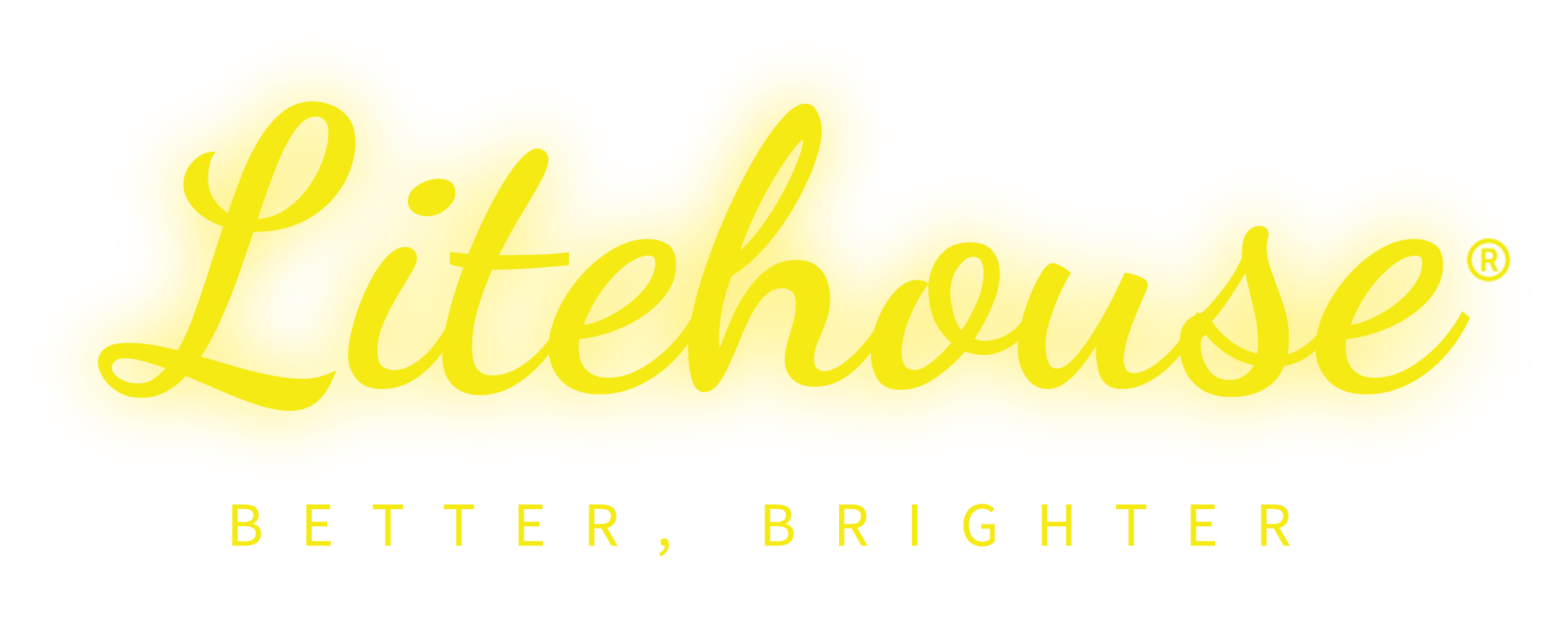
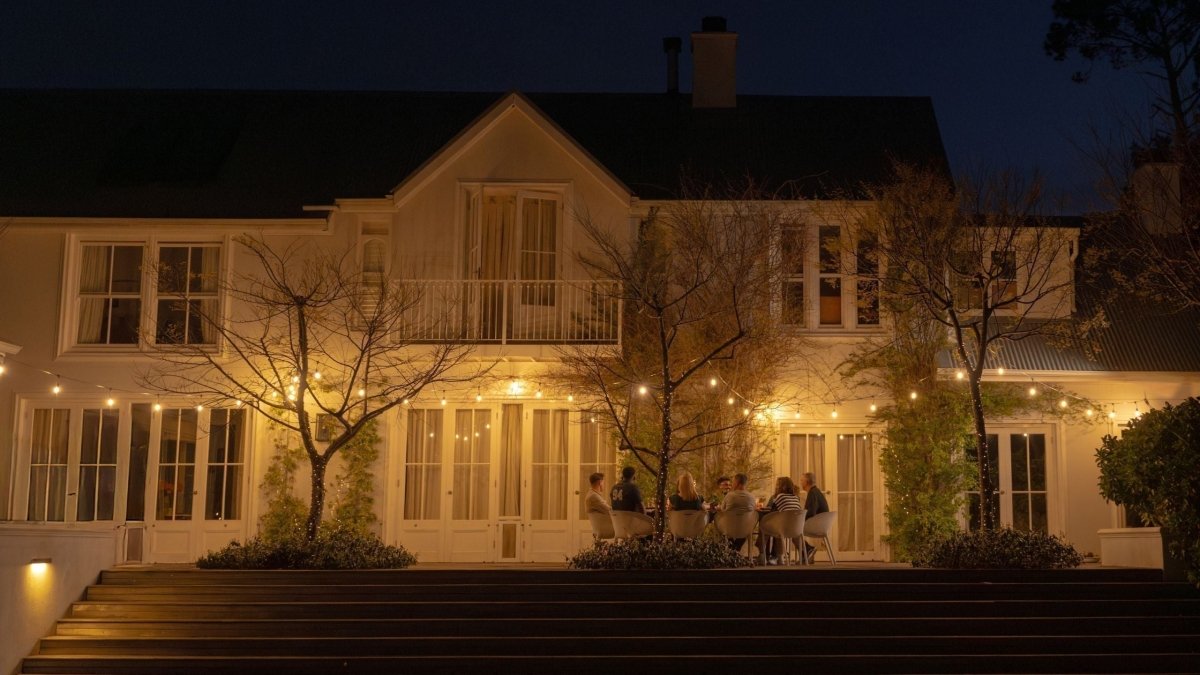
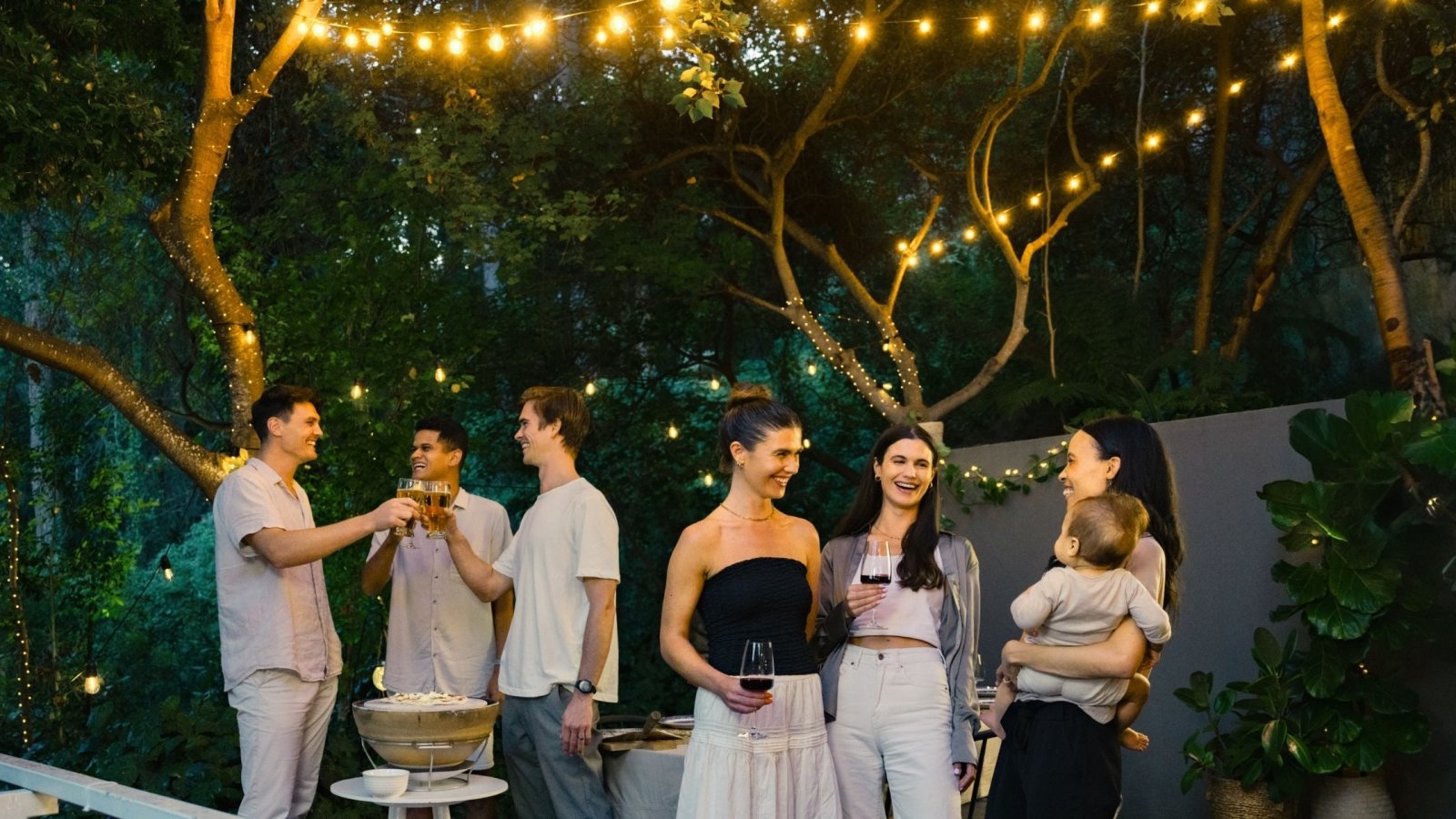
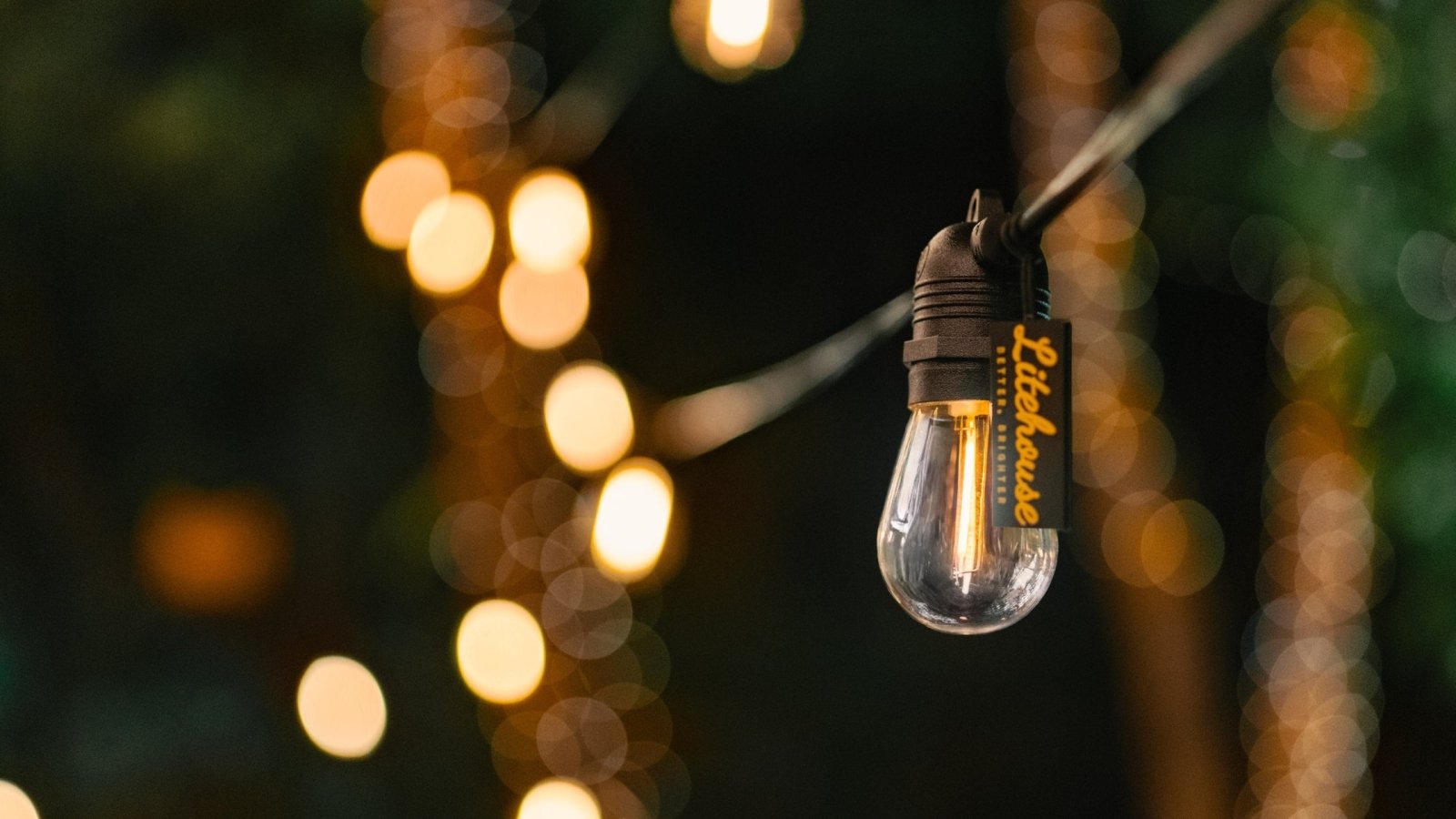



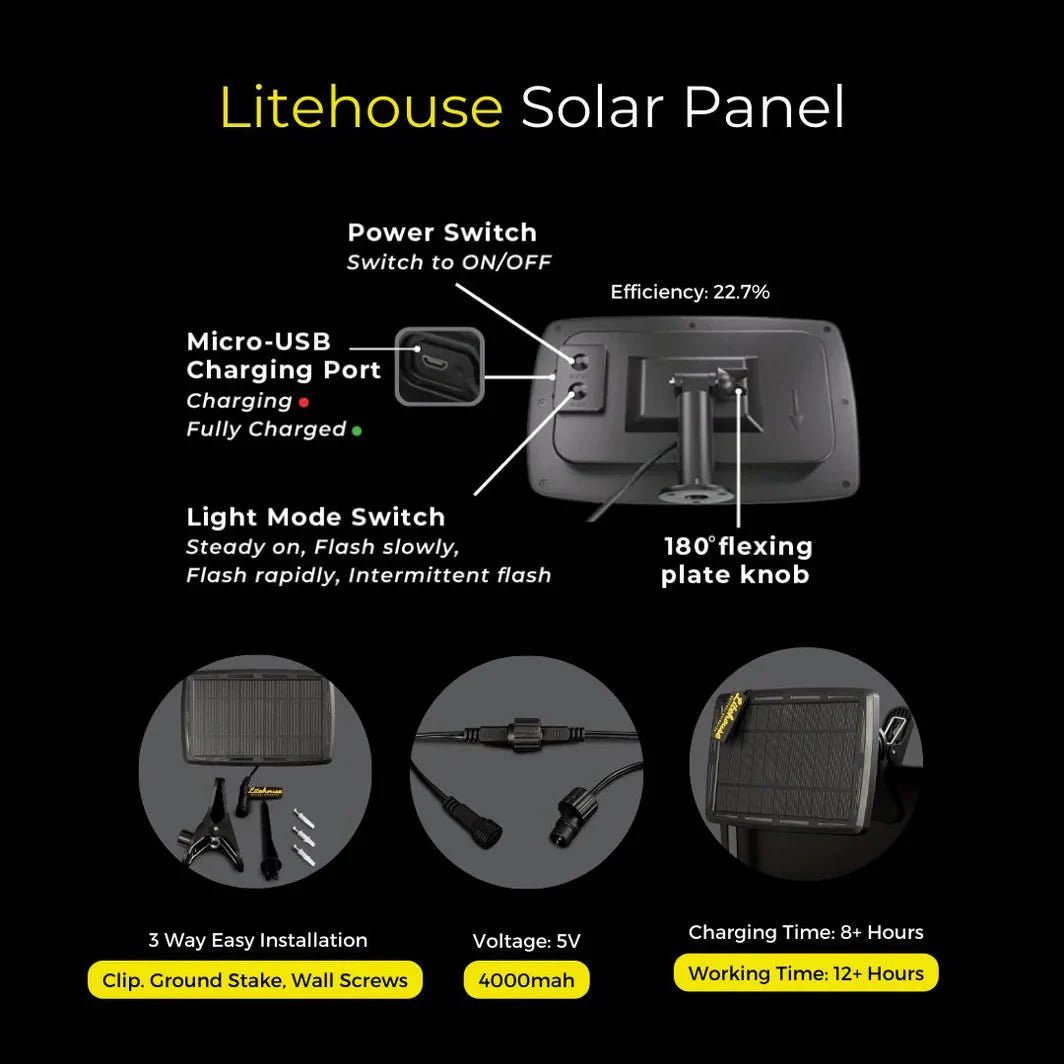



Leave a comment
This site is protected by hCaptcha and the hCaptcha Privacy Policy and Terms of Service apply.